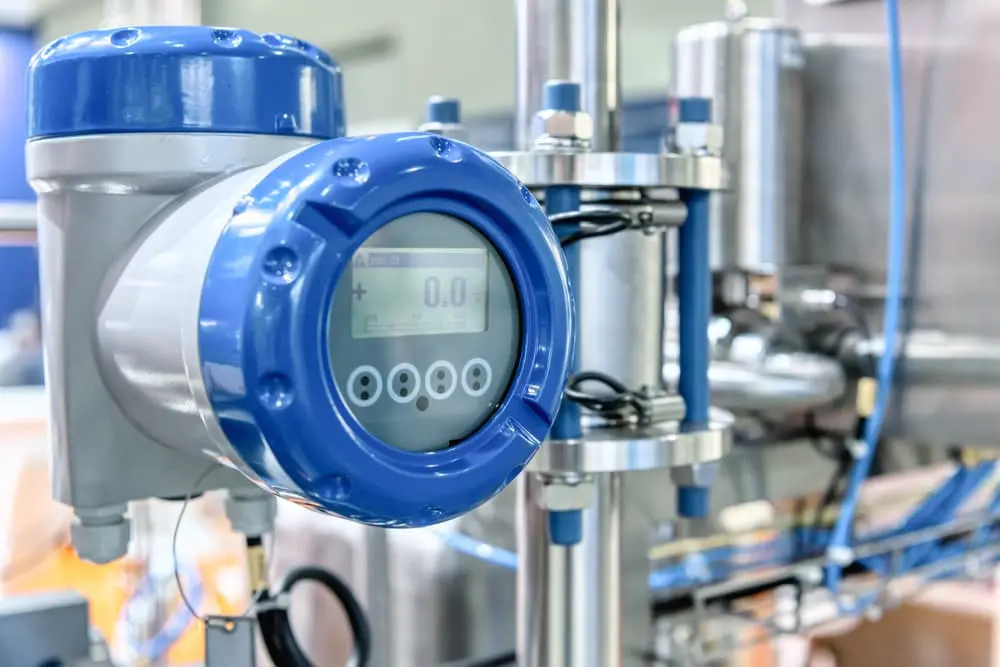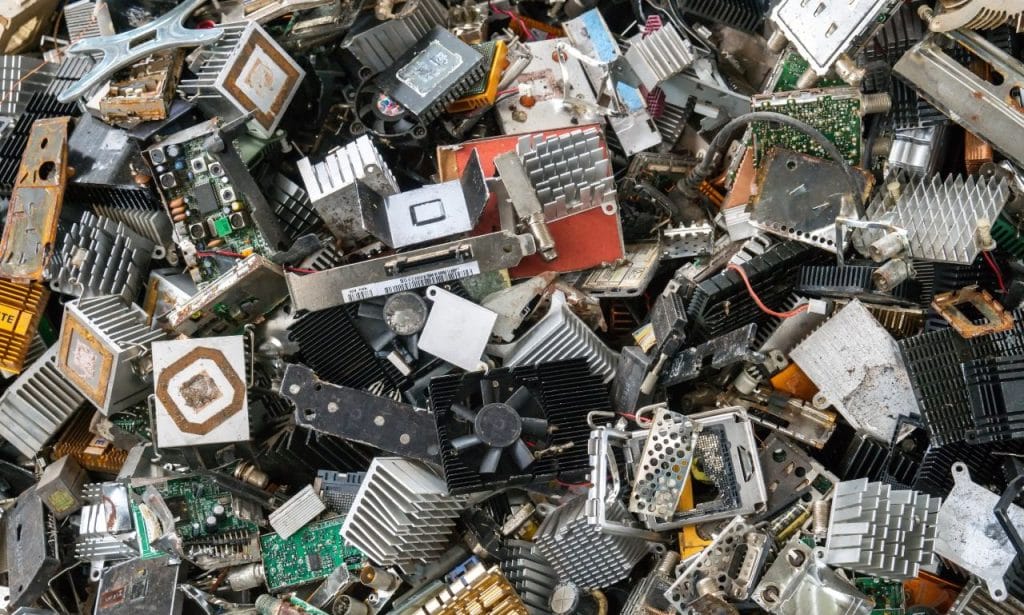
Access to safe and clean water is essential for maintaining good health and well-being. While many regions around the world have made significant strides in providing safe water sources, the responsibility for ensuring water safety often begins at home. In this article, we will explore the importance of safe water in our daily lives and discuss practical steps individuals can take to ensure the water they consume and use is free from contaminants.
The Importance of Safe Water:
Water is a fundamental element for life, playing a crucial role in various bodily functions. Consumption of contaminated water can lead to a host of health issues, including waterborne diseases such as cholera, dysentery, and giardiasis. Additionally, exposure to impurities in water through activities like bathing or washing dishes can also have adverse effects on skin and overall well-being.
It is important to recognize that the quality of water supplied to homes may vary, and even treated municipal water can be subject to contaminants during distribution. Hence, taking proactive measures at home becomes paramount to ensure the safety of the water we use for drinking, cooking, and other domestic purposes.
Practical Steps for Safe Water at Home:
- Regular Testing: Regularly testing the water in your home is a fundamental step towards ensuring its safety. Water testing kits are readily available and can detect common contaminants such as bacteria, lead, and chemicals. Conducting periodic tests helps identify potential issues early on, allowing for timely corrective actions.
- Proper Storage and Handling: The way water is stored and handled at home can significantly impact its safety. Ensure that water storage containers are clean, sanitized, and made of materials that do not leach harmful substances into the water. Practice proper hygiene when handling water, and avoid cross-contamination by using separate containers for different purposes.
- Water Filtration: Installing water filtration systems at home can provide an additional layer of protection against contaminants. There are various filtration options available, ranging from simple pitcher filters to more advanced under-sink or whole-house filtration systems. Choose a system that suits your needs and effectively removes impurities.
- Maintenance of Plumbing Systems: Aging or poorly maintained plumbing systems can contribute to water contamination. Regularly inspect and maintain your plumbing to prevent issues such as pipe corrosion and leaks. Addressing these issues promptly can help ensure the integrity of your water supply.
- Educate and Involve the Family: It’s essential to educate all family members about the importance of water safety and involve them in the implementation of safety measures. Teach children about proper handwashing, and instill habits that promote water conservation and cleanliness.
- Be Mindful of Household Products: The use of certain household products can introduce contaminants into water sources. Be mindful of the chemicals present in cleaning agents, detergents, and other products. Opt for environmentally friendly and water-safe alternatives whenever possible.
Safe water starts at home, and individuals play a crucial role in ensuring the water they use is free from contaminants. By adopting simple yet effective measures such as regular testing, proper storage, filtration, and maintenance, households can contribute to a safer and healthier water supply. Taking responsibility for the quality of water in our homes is a step towards a collective effort to safeguard the well-being of ourselves and our communities.






